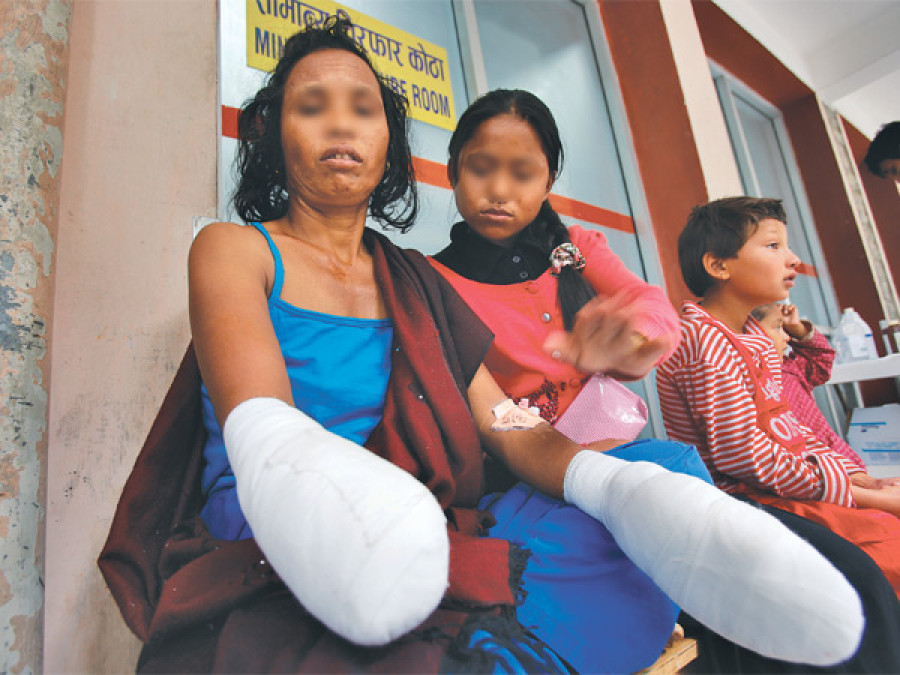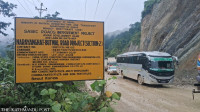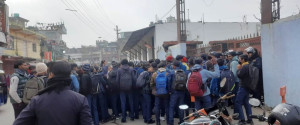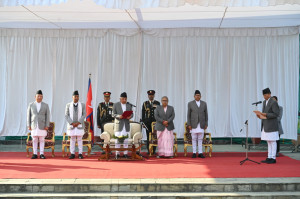National
Fewer amputation surgeries than anticipated after quake
Health experts attribute it to advancement in medical technology, skills
Manish Gautam
In the aftermath of the devastating April 25 earthquake, hospitals in Nepal performed fewer amputation surgeries than expected, health experts and doctors said.
Health facilities in the country conducted less than 40 amputation surgeries after the quake, which was fewer than expected, considering the scale of the disaster.
As the main quake and its aftershocks had caused intensive destruction and fatalities, hospitals and health institutions were bracing for a large number of amputation surgery cases, said officials at the Curative Division of Health Ministry. But the situation did not turn out as many doctors and surgeons had anticipated.
“The number was far fewer than what we had feared,” said Dr Guna Raj Lohani, chief of the division.
The Handicap International has a record of performing 36 amputations.
In Nepal, the ratio of amputations to injured stood at 0.1 percent, compared to Haiti where it stood at 0.5 percent.
The recent advancement in medical technology and skills contributed in saving the severely injured limbs, thus limiting the number of amputation surgeries.
The practice of salvage surgery that deals with protecting and maintaining ambulation for limbs by surgeons contributed to the fewer number of amputation cases, doctors said.
In some cases, patients’ limbs were preserved just for their aesthetic value. One such patient is 30-year-old Chini Maya Tamang from Sindhupalchok. She is in Nepal Orthopaedic Hospital for the past nine months.
Dr Anil Bahadur Shrestha, a senior orthopaedic surgeon at the hospital, said Chini Maya was admitted four days after the earthquake with a severely festered wound on her right leg.
It was clear her leg would not function fully, but the doctors decided to protect it. Chini Maya underwent several operations.
“We were been to protect her right leg. Instead of having a prosthetic, it is essential that she have her own limbs,” said Dr Shrestha.
Chini Maya said she would rather have her leg attached to her than not have at all.




 16.2°C Kathmandu
16.2°C Kathmandu







%20(1).jpg&w=300&height=200)






